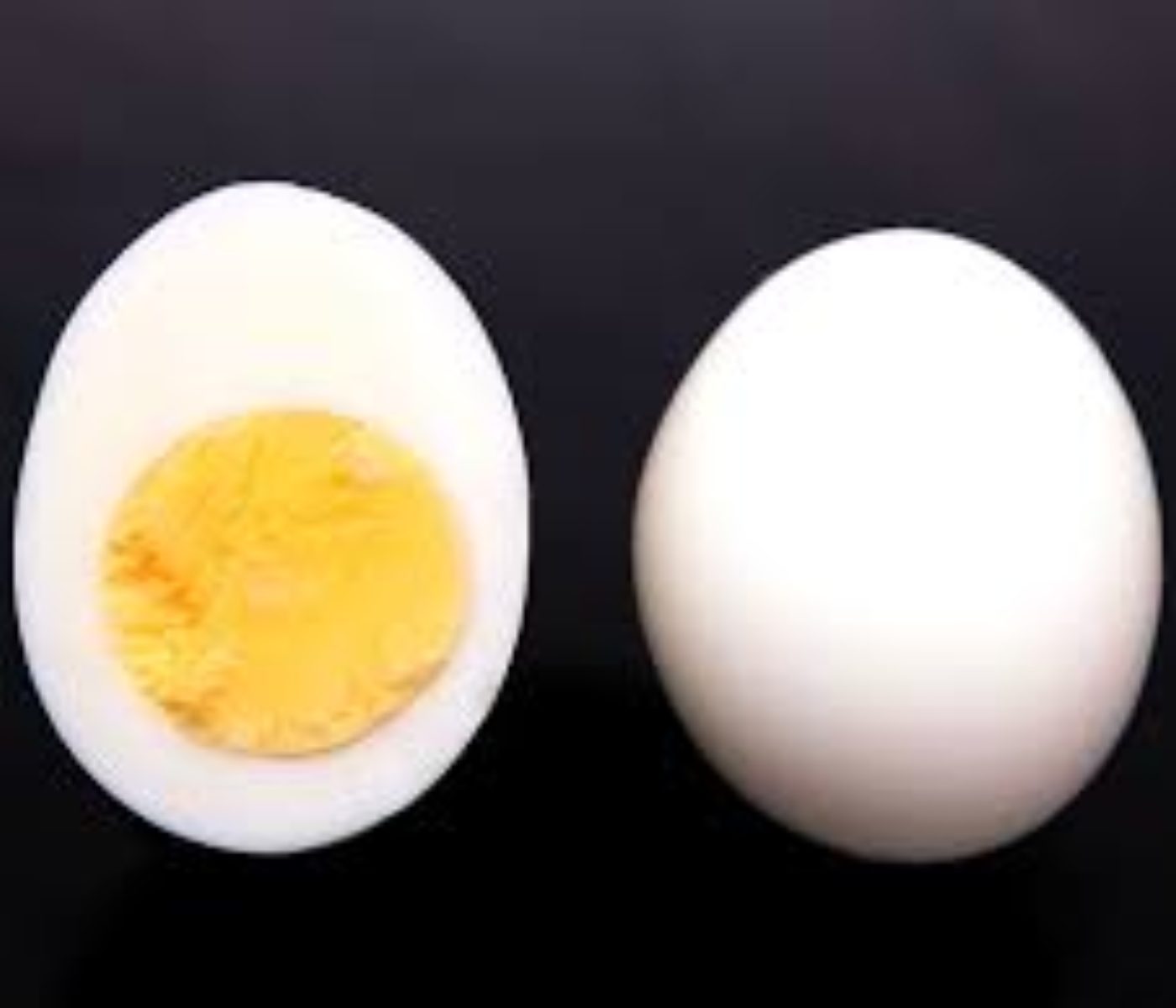 06 Jan 2025
06 Jan 2025
Eggs are a popular and versatile food enjoyed in diets around the globe, valued for their rich protein content and nutritional benefits. However, whether consuming eggs daily is safe continues to be a debated topic. According to the World Health Organization (WHO), several factors should be weighed before making eggs a daily habit.
Eggs are a powerhouse of nutrients. They deliver high-quality protein, essential for supporting muscle repair and overall growth. Additionally, they are a rich source of vitamin B12, vitamin D, and selenium. The yolk is particularly notable for its choline content, a nutrient critical for brain function and development.
Each large egg contains around 186 milligrams of cholesterol, concentrated entirely in the yolk. In the past, this was thought to significantly raise blood cholesterol and heart disease risk. However, recent research indicates that for most people, dietary cholesterol has a limited impact on blood cholesterol levels.
The WHO states that consuming up to one egg daily is safe for healthy individuals and does not raise the risk of cardiovascular diseases. For people with conditions like diabetes or heart disease, it’s recommended to consult a healthcare provider to determine appropriate intake.
A key principle of healthy eating is variety and balance. While eggs are a valuable addition to your diet, relying on them exclusively for protein is not ideal. The WHO advises incorporating other protein-rich foods like fish, beans, nuts, and lean meats to ensure a broad spectrum of nutrients.
Proper storage and preparation of eggs are crucial to prevent foodborne illnesses. Always store eggs in the refrigerator and consume them before the expiration date. To minimize the risk of salmonella, cook eggs thoroughly before eating.
Eating eggs daily can be part of a healthy lifestyle for most individuals if done in moderation and as part of a balanced diet. The WHO underscores the importance of individual health considerations and seeking personalized dietary guidance when necessary. Following these best practices allows you to enjoy the benefits of eggs while keeping health risks at bay.
Source: aviNews International
Subscribe now to the technical magazine of animal nutrition
AUTHORS

Nutritional Interventions to Improve Fertility in Male Broiler Breeders
Edgar Oviedo
The Use of Organic Acids in Poultry: A Natural Path to Health and Productivity
M. Naeem
Synergistic Benefits of Prebiotics and Probiotics in Poultry, Swine, and Cattle
Gustavo Adolfo Quintana-Ospina
Hybrid Rye Potential in Laying Hen Feed Rations
Gwendolyn Jones
A day in the life of phosphorus in pigs: Part I
Rafael Duran Giménez-Rico
Use of enzymes in diets for ruminants
Braulio de la Calle Campos
Minerals and Hoof Health in the Pregnant Sow
Juan Gabriel Espino
Impact of Oxidized Fats on Swine Reproduction and Offspring
Maria Alejandra Perez Alvarado